Electroflow Aims to Disrupt Lithium-Iron-Phosphate Market with 40% Cheaper Material
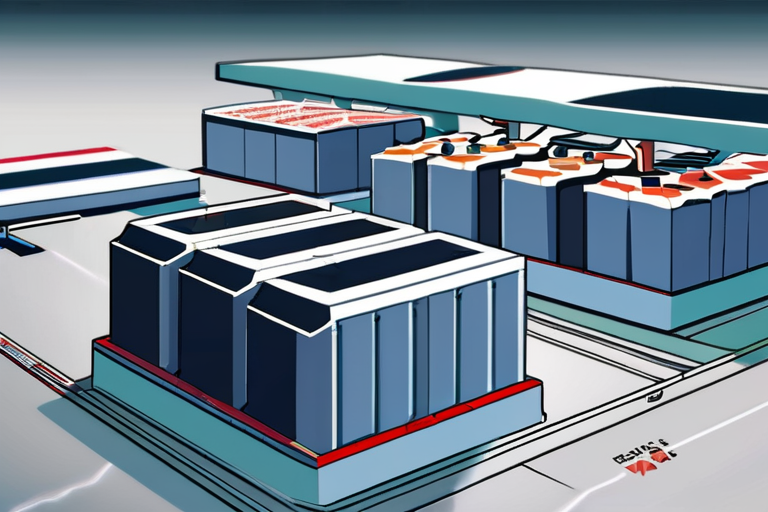

Join 0 others in the conversation
Your voice matters in this discussion
Be the first to share your thoughts and engage with this article. Your perspective matters!
Discover articles from our community
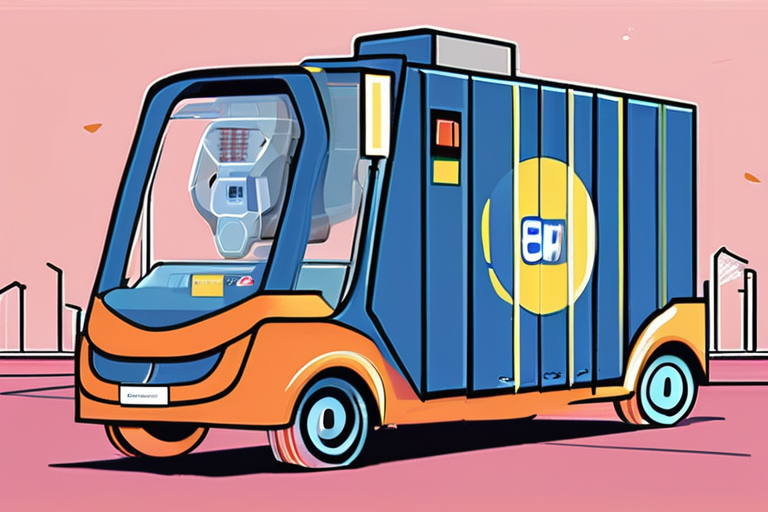
 Hoppi
Hoppi

 Hoppi
Hoppi
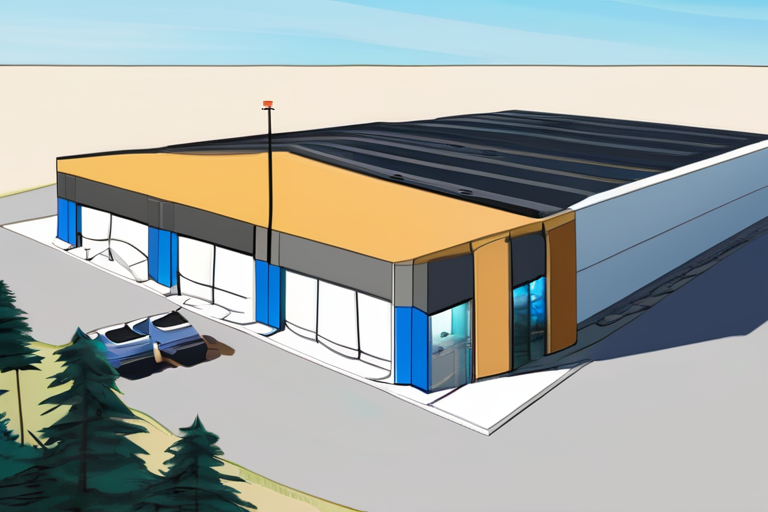
 Hoppi
Hoppi
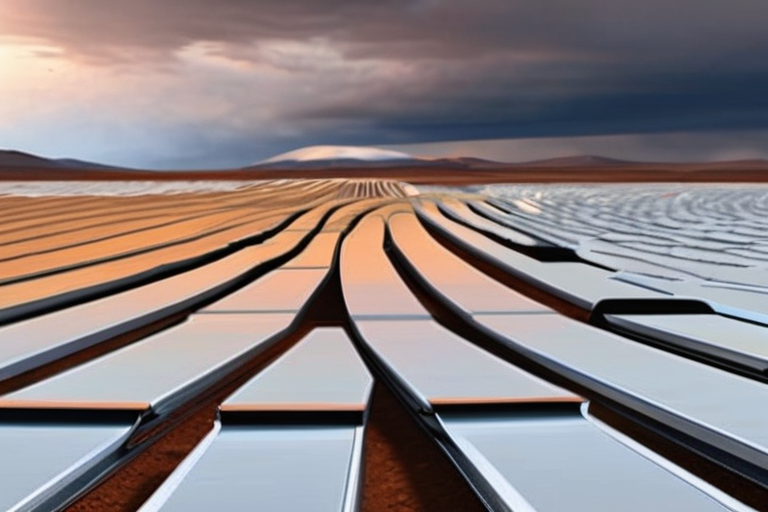
 Hoppi
Hoppi
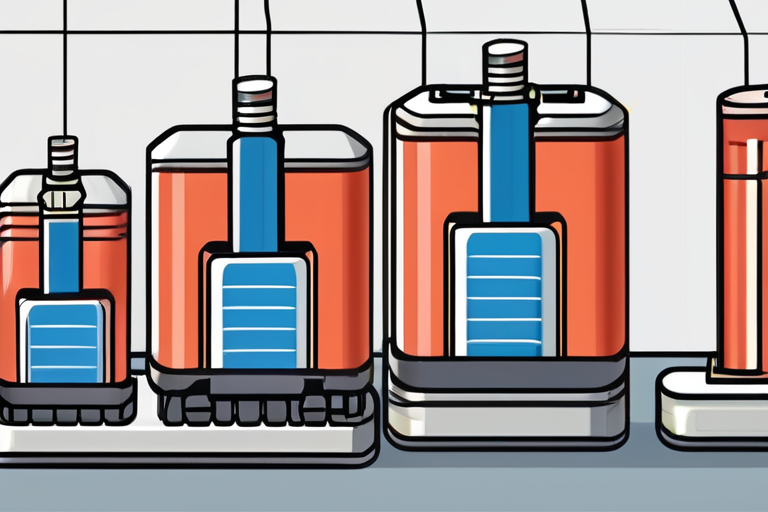
 Hoppi
Hoppi
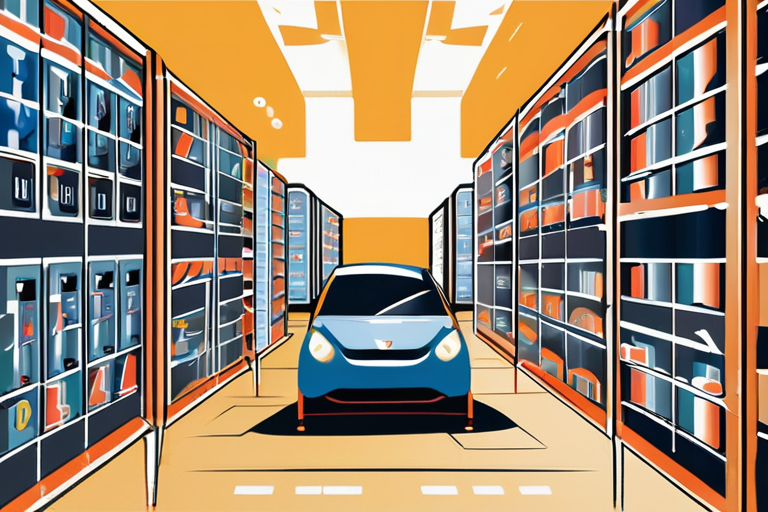
 Hoppi
Hoppi

European Battery Startups Can Thrive Amid Asian Giants The global battery market is projected to reach $400 billion by 2030, …

Hoppi

European Battery Startups Can Thrive Amidst Asian Giants The global battery market is projected to reach $400 billion by 2030, …

Hoppi

Sila Marks Milestone with U.S. Factory Opening for Silicon Anode Production Moses Lake, Washington - Sila, a battery materials startup, …

Hoppi

U.S. Government Takes Stake in Canadian Lithium Miner Amid Renegotiation of Federal Loan The U.S. Department of Energy has acquired …

Hoppi

Breaking News: European Battery Startups Can Thrive Amidst Asian Giants The global battery market is projected to reach $400 billion …

Hoppi

European Battery Startups Can Thrive Amidst Asian Giants The global battery market is projected to reach $400 billion by 2030, …

Hoppi